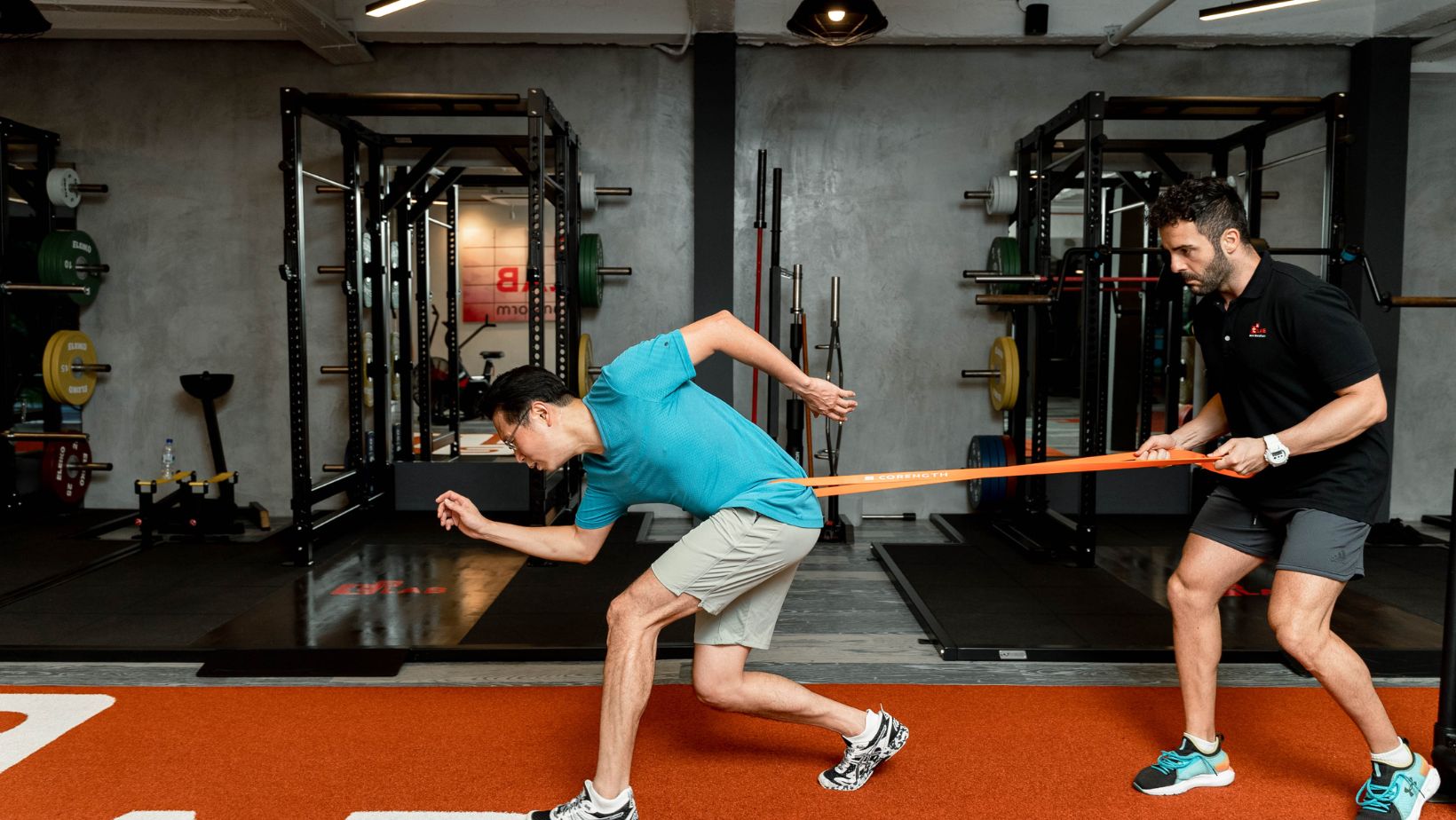Fitness Personal Training
Fitness personal training involves a structured partnership between an individual and a certified trainer. Trainers assess the client’s fitness level and design tailored exercise programs. They incorporate cardiovascular, strength, and flexibility workouts to address specific fitness goals. Ordinarily, personalized plans improve gym efficiency and ensure workout routines suit the individual’s lifestyle.
Trainers provide guidance on proper exercise techniques to prevent injuries. This support helps clients build confidence while performing exercises. Additionally, trainers adjust routines based on progress and new objectives. By keeping workouts challenging and engaging, they motivate clients and promote consistency.
Nutritional advice supplements exercise guidance for overall health improvement. Trainers might suggest dietary changes that align with fitness goals. Balancing caloric intake, protein, and nutrient-rich foods can enhance results and energy levels. Consequently, clients experience a smoother path toward achieving their wellness objectives.
Lastly, trainers foster accountability by scheduling regular sessions and tracking progress. They monitor improvements in strength, endurance, and overall fitness. This process not only highlights achievements but identifies areas needing improvement, reinforcing commitment to personal development.
Fitness personal training offers numerous advantages by catering to individual needs and goals. It enhances the effectiveness of workouts and supports sustainable health improvements.
Trainers create workout plans tailored to an individual’s fitness level and objectives. These plans consider personal factors like time constraints or existing injuries. They incorporate a mix of exercises, such as cardiovascular, strength, and flexibility, ensuring a balanced approach. By customizing each aspect, trainers maximize the effectiveness of every session.
A personal trainer keeps clients motivated and accountable through regular sessions. Trainers maintain interest by introducing varied, engaging exercises. They serve as a reliable support system, encouraging clients to stay committed. Accountability increases as clients know someone tracks their progress and encourages them to push through obstacles.
Trainers monitor detailed progress, allowing real-time adjustments to workout plans. They use assessments and benchmarks to identify success areas or where improvement is needed. Tracking involves physical measurements, performance metrics, or lifestyle changes. Continuous evaluation ensures alignment with goals and highlights successes and challenges.
Key Components of Effective Personal Training
Effective personal training involves several crucial components that help individuals reach their fitness goals efficiently. These components ensure tailored guidance and support for optimal results. Personal trainers conduct a comprehensive assessment to evaluate a client’s current fitness level. This involves analyzing strength, flexibility, endurance, and body composition. Trainers then collaborate with clients to establish realistic, achievable goals. This strategic planning aligns with individual capabilities and preferences, setting the trajectory for a successful fitness journey.
Customized exercise programs are developed to cater to specific goals and limitations. Trainers design these programs based on assessment results, incorporating diverse workouts such as cardiovascular drills, strength training, and flexibility exercises. Tailored routines accommodate individual schedules and tackle unique challenges, optimizing client engagement and progress.
Nutritional guidance complements physical training by enhancing energy levels and supporting fitness goals. Trainers provide personalized dietary recommendations, focusing on balanced meal plans that align with workout objectives. This guidance targets the improvement of overall well-being, considering nutrient intake and dietary adjustments to amplify fitness outcomes.
Choosing the Right Fitness Personal Trainer
Selecting the right fitness personal trainer is essential for achieving specific health objectives while ensuring motivation and safety in workouts. Evaluate a trainer’s qualifications before committing. Qualified trainers possess relevant certifications from recognized organizations like the National Academy of Sports Medicine (NASM) or the American Council on Exercise (ACE).  These certifications verify the trainer’s expertise in exercise science and fitness techniques. Experience matters too, as seasoned trainers have a deeper understanding of various client needs and how to adapt workout programs accordingly. Clients benefit by verifying both a trainer’s credentials and years of experience, ensuring effective and safe personal training.
These certifications verify the trainer’s expertise in exercise science and fitness techniques. Experience matters too, as seasoned trainers have a deeper understanding of various client needs and how to adapt workout programs accordingly. Clients benefit by verifying both a trainer’s credentials and years of experience, ensuring effective and safe personal training.
Assessing compatibility ensures a successful trainer-client relationship. Compatibility extends to understanding fitness goals, preferred training styles, and availability. Effective communication is vital as it facilitates clear understanding of instructions and feedback. Trainers who listen actively and tailor their communication to the client’s comfort level foster a supportive environment. Clients effectively achieve their goals by prioritizing trainers who establish a good rapport and ensure transparent, regular communication.

